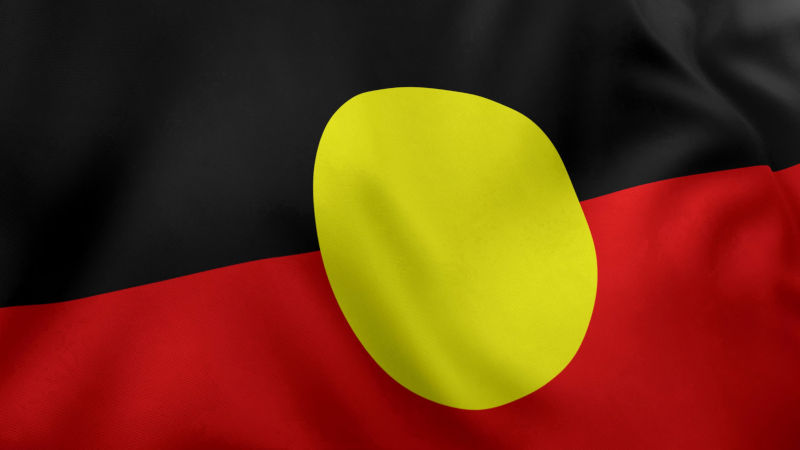The States can establish the Voice now: Why wait?
June 15, 2023
There is a widespread misconception that the powers given the Federal Parliament by the Australian Constitution may be altered only by referendum.
Section 128 of the Commonwealth of Australia Constitution Act 1901 prescribes the mode of altering the Constitution and is premised on there being a proposed law for the alteration passed by an absolute majority of each House of the Parliament, and not less than two nor more than six months after its passage through both Houses the proposed law shall be submitted in each State and Territory to the electors.
In accordance with this requirement passage during the current Federal Parliamentary sittings of the Bill to establish the Voice will constitute a proposed law for altering the Constitution. If, in a majority of the States a majority of the electors voting approve the proposed law, and if a majority of all the electors voting also approve the proposed law, it shall be presented to the Governor-General for the Kings assent. The result cannot be delayed as some voices threaten.
This may be the outcome of the referendum but it is not the only way the Federal Parliaments powers may be enlarged.
Towards the end of the nineteenth century a series of Australasian Convention Debates settled on the form that a Commonwealth of Australia Constitution Act would take. Section 51 of our Constitution enumerates in thirty-nine articles the powers of the Federal Parliament. Section 51, Article 37 reads as follows,
s51 The Parliament shall, subject to this Constitution, have power to make laws for the peace, order, and good government of the Commonwealth with respect to:–
(xxxvii.) Matters referred to the Parliament of the Commonwealth by the Parliament or Parliaments of any State or States, but so that the law shall extend only to States by whose Parliaments the matter is referred, or which afterwards adopt the law:
Article 37 allows the Federal Parliament working in tandem with State legislatures to enlarge federal legislative power without approval by a national referendum.
The origin of Article 37 is explained by Sir Robert Garran and Dr John Quick in their authoritative 1901 First Edition of the Annotated Constitution of the Australian Commonwealth. In 1849 the UK Privy Council recommended a scheme in Australia for the establishment of a Federal Colonial Assembly. Around the same time there was agitation in Australian colonial parliaments for the drafting of colonial, later State constitutions. A select Committee of the Victorian Parliament recommended on 9 December 1853 that there be provision for convoking a General Australian Assembly for legislating on vital inter-colonial interests.
The UK Parliament subsequently passed the Federal Council Act 1885 which assigned to the Federal Council power to legislate at the request of two or more colonies. This was the genesis of s51(xxxvii) when most of the empowerments in Section 51 of the present Australian Constitution were settled during the historic January-March 1898 Convention Debates at Melbourne. Dr Quick observed during that debate that Article 37 afforded an easy way of amending the Constitution without a referendum. I like to think that the eminent John Quick had in mind amendments that were recognised by State Parliaments as so sorely needed as to respond merely to the voice of reason.
Dr Quicks observation has not been borne out in practice. At a Premiers Conference in 1915 during World War I the Commonwealth agreed to postpone for the duration of the war a referendum on the expansion of Commonwealth powers that the exigencies of war required. Six States introduced Bills designed to refer new powers to the Commonwealth pursuant to Article 37 of Section 51. New South Wales followed suit passing a Bill but not proclaiming it until the five other States followed suit which for one sorry internecine reason or another never occurred.
In 1920, Article 37 was again suggested as the means to rectify the absence of air navigation from Commonwealth legislative power. Interminable State parliamentary debate went on until 1937 when, as another war approached, the matter was settled not by State parliamentary request pursuant to Article 37 but by Executive Agreements between each of the six States and the Commonwealth. And so, looking through further years, partisan interests, human frailty and wordsmithing has continued to deny Article 37 its intended use. If all States, (and Territory legislatures for good measure), invoke Article 37 and ask the Commonwealth Parliament to pass a uniform law, federal law may be thus enlarged.
Lamenting this divisive history then Federal Attorney-General H. V. Evatt decided to use the s 128 referendum path in the Curtin Governments unsuccessful attempt in 1942-3 to transplant President Roosevelts four freedoms into the Australian Constitution, purportedly to aid post-war reconstruction. Even in those dire days the referendum attracted the populists and a gallant effort failed.
If all state and territory parliaments are agreed and use Article 37 to support the Voice to Parliament then the stars are aligned, prophetically some may say, over the ancient culture and land of this continent. If Article 37 is ever to have use, State and Territory legislatures should acknowledge the constellation beckoning them and take the initiative. They may pass uniform legislation in simple terms to expand the legislative power of the Federal Parliament. This may tell electors and the world boldly that regardless of a divisive referendum we are determined as a moral and responsible people to give Voice to those who so justly deserve it.

